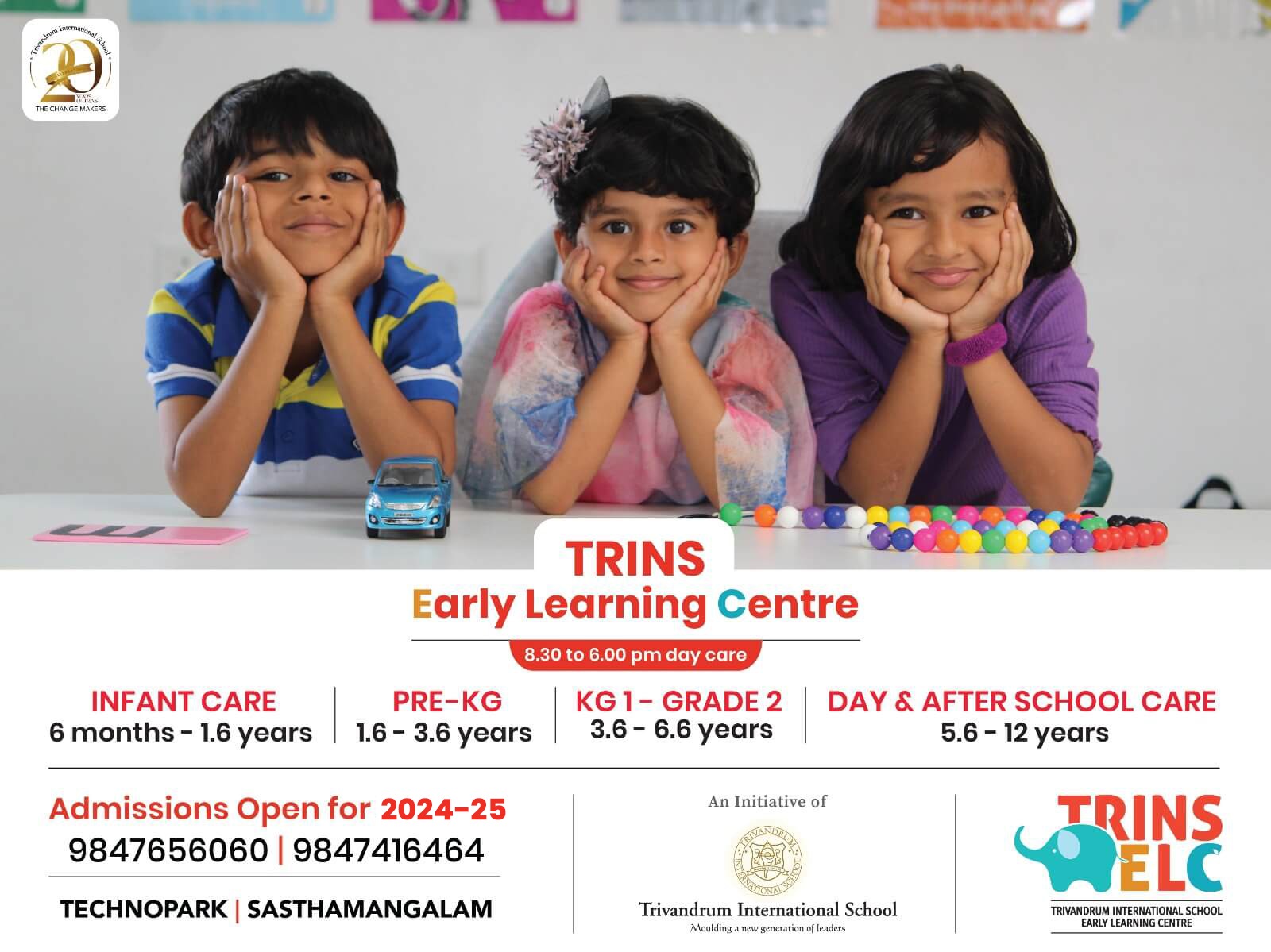


Inclusive Education

“Believe you can and you’re halfway there”. –Theodore Roosevelt
The journey to becoming an Inclusive School may be long and challenging at times, but ultimately this journey can strengthen a school community and benefit all children. ‘Inclusion’ does not simply mean the placement of students with disabilities in general education classes. This process must incorporate fundamental change in the way a school community supports and addresses the individual needs of each child. As such, inclusive education not only benefit students with disabilities, but also create an environment in which every student, including those who do not have disabilities, has the opportunity to flourish. Here are some ways in which inclusive educational practices are included at TRINS
Differentiated instruction which increases student engagement.
One of the most important principles of inclusive education that we believe is that no two learners are alike, so we place great importance on creating opportunities for students to learn and be assessed in a variety of ways. This enhances the way in which we provide support for students with disabilities, it also diversifies the educational experience of all students.
Academic supports help each student access the full curriculum.
It is important for us to ensure that every student is addressing the appropriate standards and objectives across the curriculum. Hence we provide academic supports in terms of flexible pacing and grouping, reading and literacy specialists, tutoring, etc. This helps create a supportive environment for all learners.
Respect for diversity creates a welcoming environment for all.
Inclusive education for students with disabilities can only be successful when those students feel that they are truly a part of the school community. This requires open and honest discussion about difference, and an institutional respect for people of all backgrounds and abilities. At TRINS the establishment of such a climate benefits everyone by fostering an environment where students and their families are valued for who they are.
Inclusive practices within the same classrooms.
Not segregating students with disabilities for the purpose of specialized instruction helps them interact with their peers and gives them full access to the curriculum. At our school we make it a practice to include children within the same environment to enhance the learning for all.
When all children, regardless of their differences, are educated together, everyone benefits—this is the cornerstone of inclusive education.
« Christmas is a Holiday with Good Cheer || Few activities are as delightful as learning new vocabulary »




